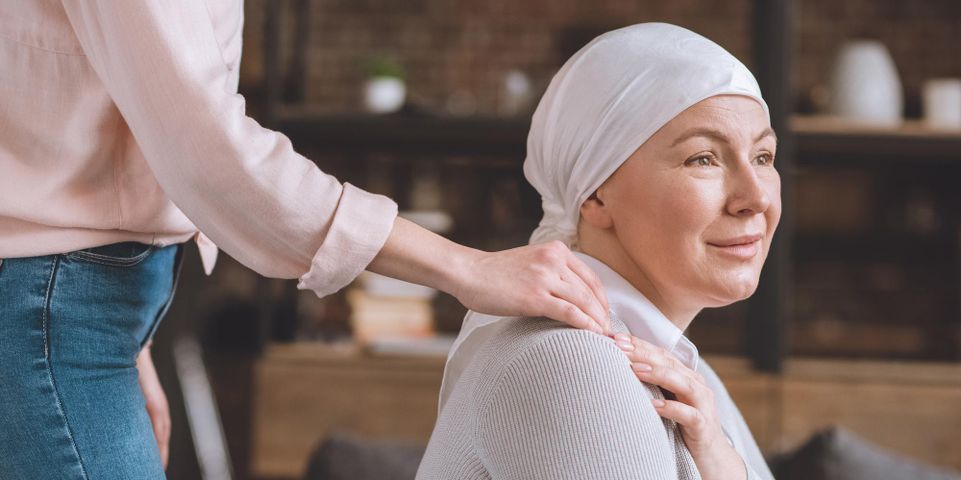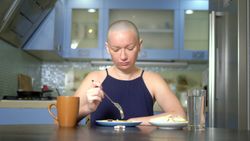How to Manage the Side Effects of Chemotherapy

For those battling cancer, chemotherapy can be a promising treatment, but it’s not without its side effects. While no two patients react the same way to this therapy, there are a number of symptoms that are relatively universal, and understanding them will help you cope effectively. Here are some tips to help you handle the most difficult aspects of this important process.
A Guide to Coping With Chemotherapy’s Side Effects
Hair Loss
Chemotherapy attacks rapidly growing cells, such as cancer. Unfortunately, hair follicles contain cells that divide and grow at a rate that causes them to be targets as well, so hair loss is a common effect of treatment. If you experience this, try switching to a soft-bristled brush to be gentler on your hair and consider cutting it short to help it appear fuller and thicker.
Wear a hat or a scarf on chilly days and use sunscreen in warmer weather to protect your scalp. It’s also wise to avoid harsh chemicals and treatments, such as hair dyes or straighteners.
Fatigue
Tiredness is a very common feeling among chemotherapy patients due to healthy cells dying under the same attack that targets the cancer, and it can be difficult to dispel this fatigue with sleep. To address this, try including plenty of time for periodic naps or breaks to help you sustain yourself throughout the day.
You can also include light exercise or simplified versions of your favorite activities. Finally, many people find it helps to keep a sleep diary to ensure the medical staff stays informed of their rest patterns.
Nausea
 The chemoreceptor trigger zone in the brain reacts to the presence of chemotherapy drugs in the body by triggering nausea. To cope with queasiness and vomiting, eat five or six small meals throughout the day rather than three large ones, and take your time when drinking or chewing.
The chemoreceptor trigger zone in the brain reacts to the presence of chemotherapy drugs in the body by triggering nausea. To cope with queasiness and vomiting, eat five or six small meals throughout the day rather than three large ones, and take your time when drinking or chewing.
Softer drinks like herbal tea, flat ginger ale, or apple juice can help keep you hydrated, particularly when consumed an hour before or after meals. Avoid richer foods, as strong smells, sugars, and fats can trigger nausea.
Oral Care
Chemotherapy can lower your resistance to the development of cavities or gum problems because it often disrupts the growth of the cells that line your mouth. Speak with your doctor before visiting a dentist if you’re concerned about cavity growth.
Meanwhile, take extra care of your oral health, making sure to brush with soft bristles at least four times a day, including after meals and at bedtime. Alleviate irritation by rinsing your mouth with half a teaspoon of salt in 8 ounces of water every two to three hours and by choosing soft, cool foods with minimal spices and low acid content.
For the best in compassionate and knowledgeable cancer care, turn to Alaska Oncology and Hematology, LLC in Anchorage. The caring professionals at this practice are committed to making their patients feel heard, understood, and involved in every decision regarding their treatment for cancers and blood disorders. These doctors and nurses use the best and latest in medical technology to tailor effective treatments to meet your needs. Find them online or call (907) 279-3155 to learn more about how they can help.
About the Business
Have a question? Ask the experts!
Send your question

